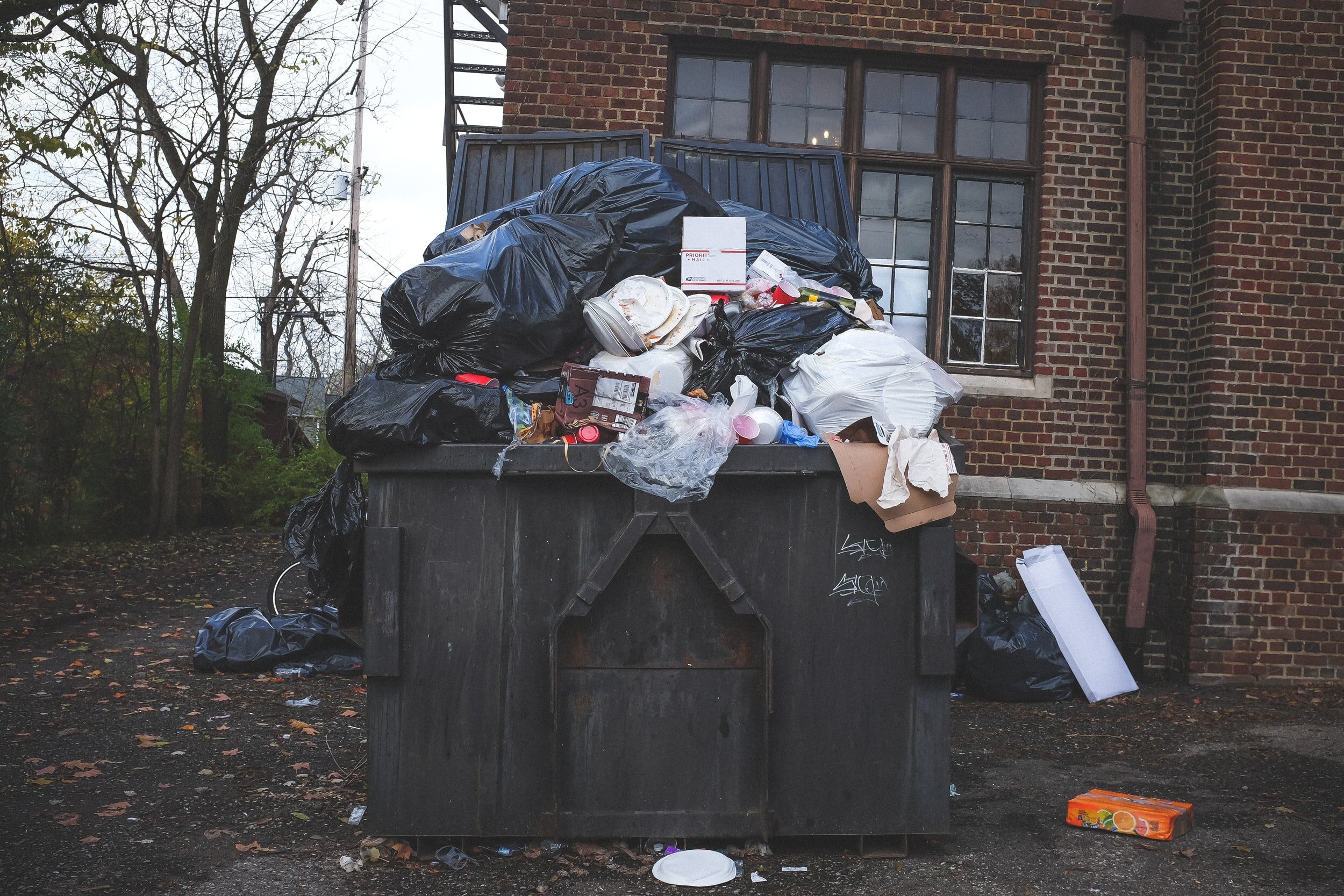
Blog
Cultivate & Motivate
Learnings, teachings and tips & tricks to educate you how to reduce and reuse.
Reuse in action
The team at Res.Awesome love supporting community reuse in action. Moving towards zero-waste means taking many pathways and investing in multiple solutions. Creating results that are higher up the zero-waste hierarchy than just recycling.
Refuse and Reuse is at the top of the zero waste hierarchy, and these are new old skills that we need to rediscover and part of our infrastructure system we must invest in. We are pleased to see that there is investment happening in this space locally from the Dunedin City Council. With these new upgrades to our curbside recycling systems being put in place over the coming years, we also need to invest in a reuse economy for all the other stuff that needs to be rehomed, and rediscover others’ treasures.
This is why we at Res.Awesome support and are now collaborating with The Restore Dunedin, our Kaiwhakaara Fi was invited to join the Restore Dunedin’s committee table as they go through some exciting upgrades.
The Restore Dunedin supports Habitat for Humanity’s Dunedin efforts to support the community with low-cost housing and housing repair.
Habitat for Humanity New Zealand is a not-for-profit organisation that works in partnership with people of goodwill and families in housing need, to eliminate sub-standard housing.
When you shop or donate goods to the Restore you are supporting your local community to have better housing. Now that is Reuse in action.
Recycling - Just one part of a wider system
Achieving a circular waste economy will require action on many levels and will mean we must transition to using only renewable materials and energy sources. A zero-waste way of life will mean adopting new habits… and recycling is just one part of a much more comprehensive waste minimisation process. When looking at the zero-waste hierarchy, recycling actually sits pretty low on the list!
Don’t bin it, Compost It!
Composting - Why is it such a big deal?
Composting is important for many reasons!
Climate action
Soil resiliency
Carbon sequestration
Kai!
The Government recently consulted on "transforming recycling". One of the primary outcomes is getting food waste out of our general household rubbish, as it is super important to divert organic waste from landfills. Food waste is composed of carbon, hydrogen, oxygen and nitrogen along with some other elements. When food waste ends up in landfills - it is buried. Here, microorganisms begin to break it down during a process known as anaerobic digestion; a kind of digestion that does not require oxygen. As a byproduct of this process, greenhouse gases (methane, carbon dioxide) are produced. If these gases are not captured they are released into the atmosphere. This is bad news!
Plastic, Not So Fantastic: Part 1!
The environmental impact of plastic has become a growing concern worldwide and here in Aotearoa. To uphold the belief that Kiwi’s are clean, green and environmentally conscious we must show respect for our land and ensure that the future production, consumption and disposal of plastics follow sustainable guidelines. One of the biggest barriers we currently face as a community is the lack of public knowledge around the different kinds of plastic. This blog post is dedicated to informing our readers about the different ways we can dispose of our plastic. We think is a good place to start when tackling our plastic problem.





